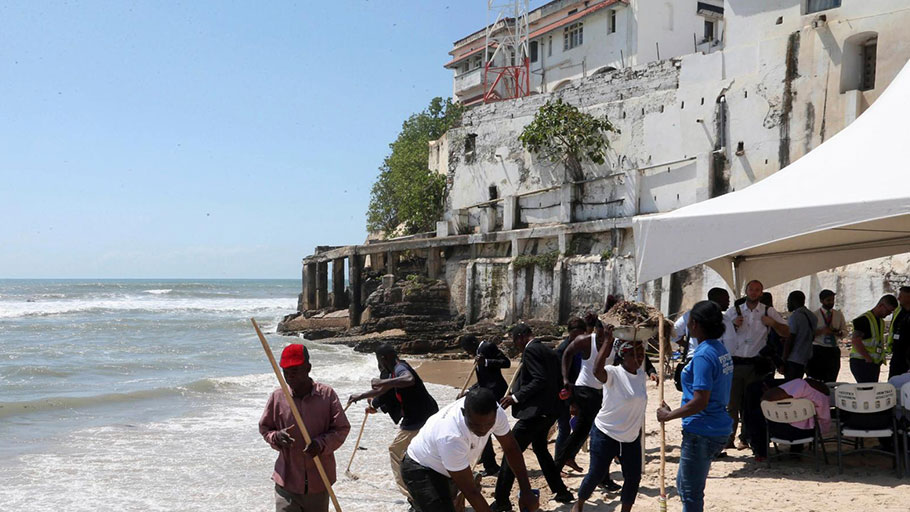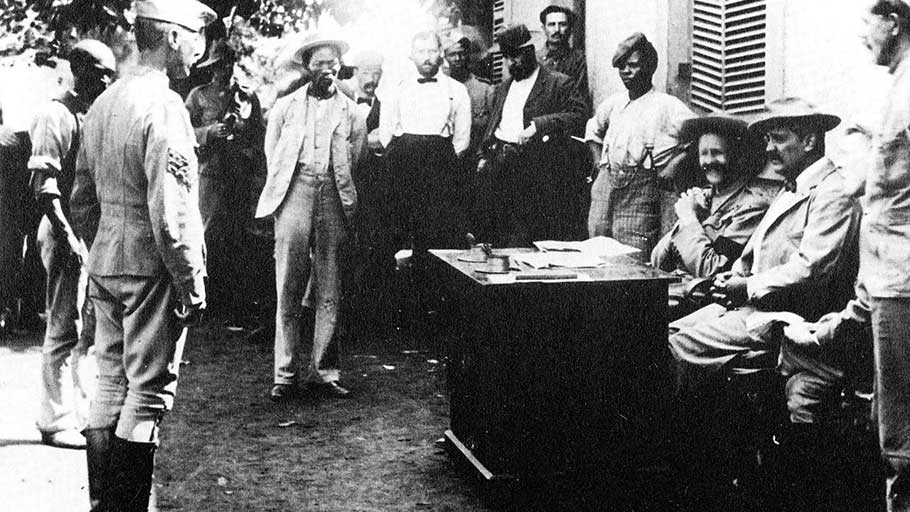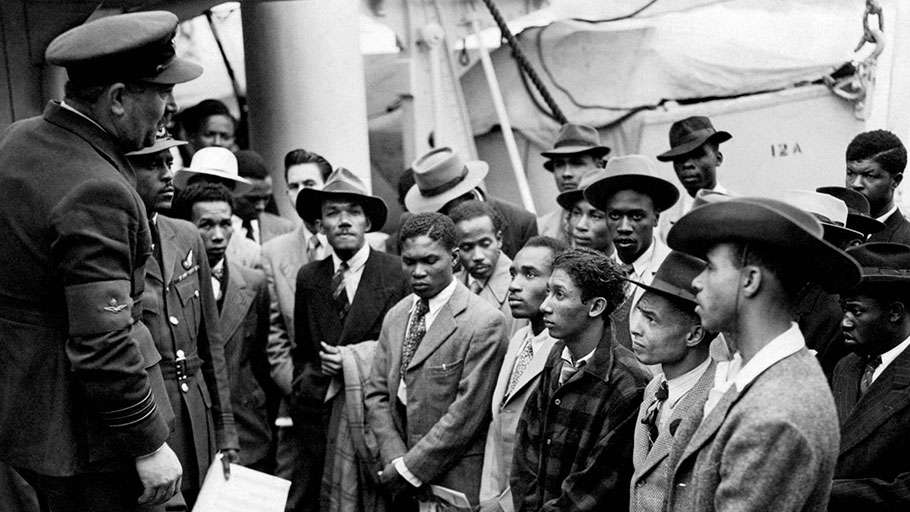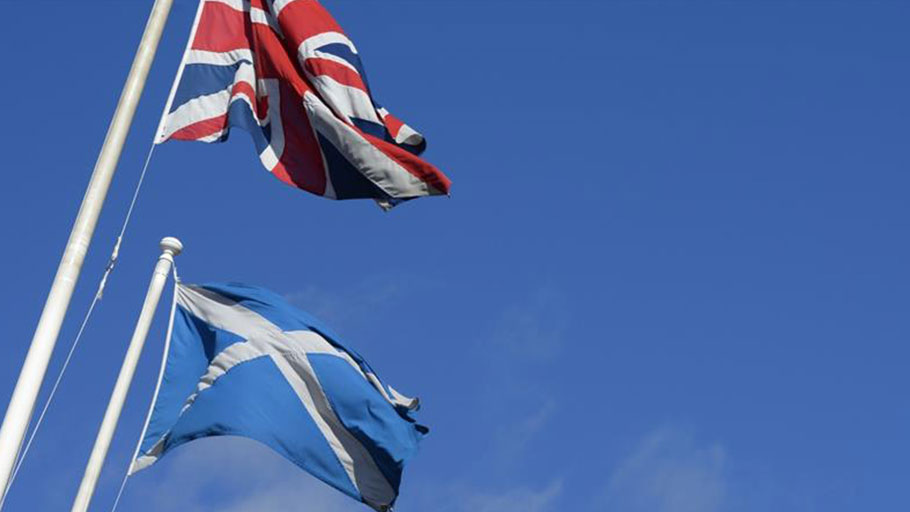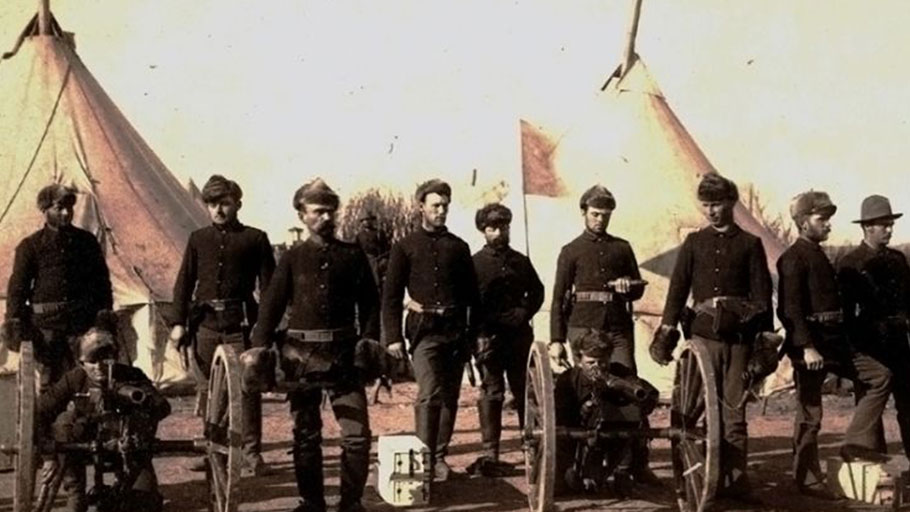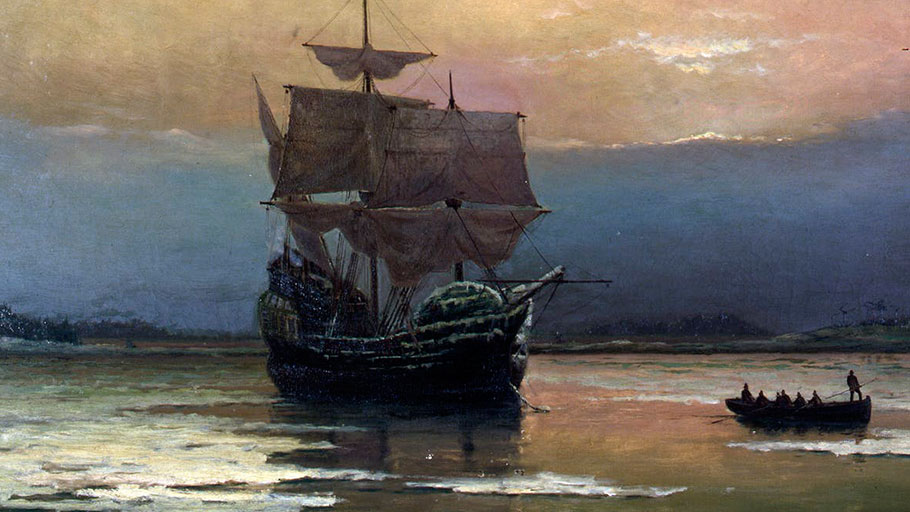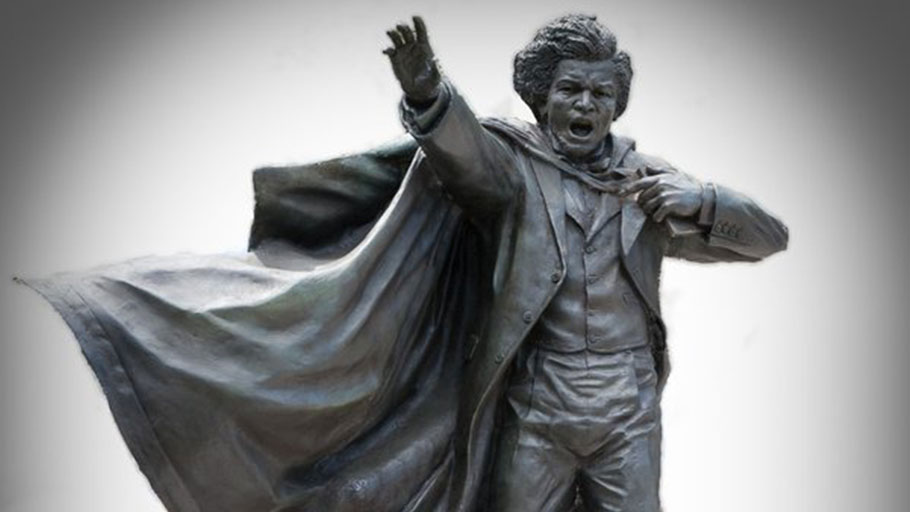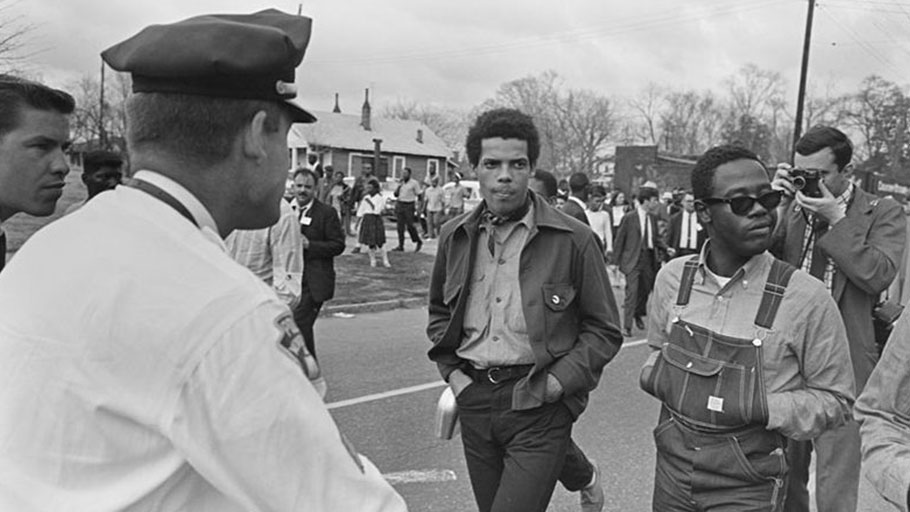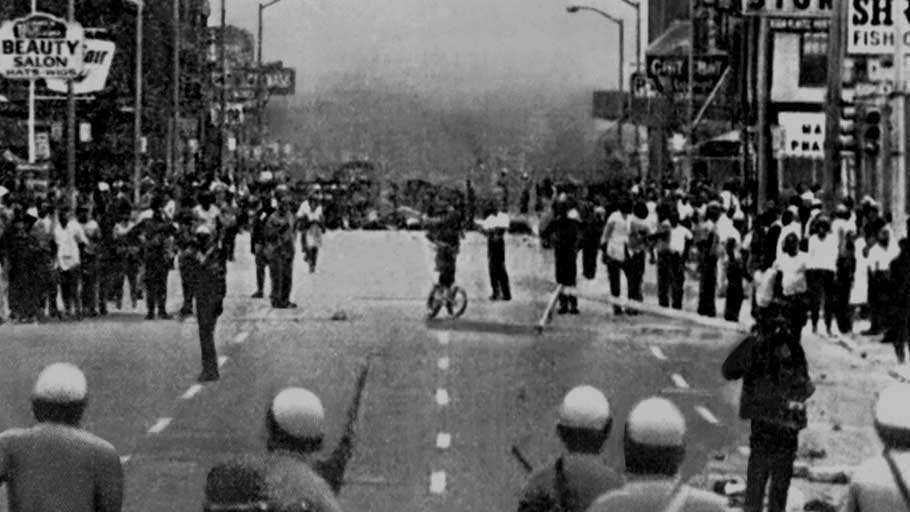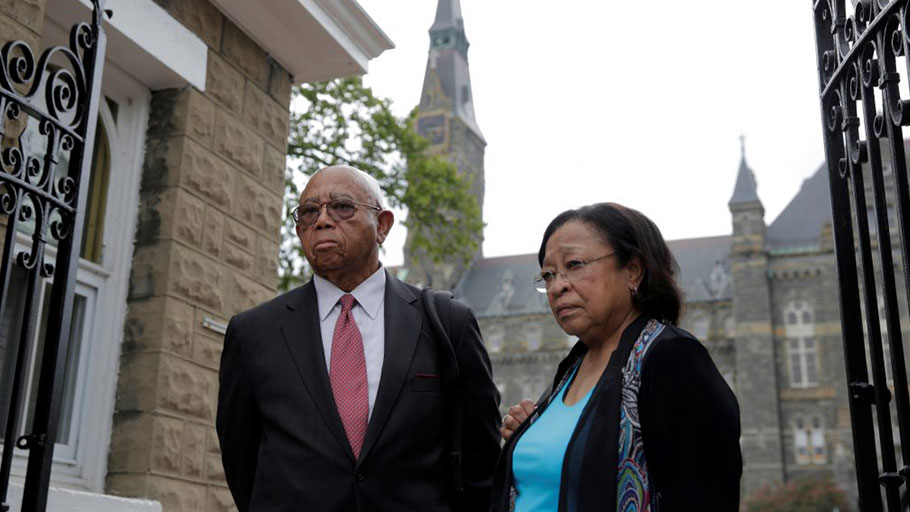
By Eugene Mason, PBS — The United States owes African-Americans reparations for slavery, a recent report by a United Nations-affiliated group said. The UN Working Group of Experts on People of African Descent said that compensation is necessary to combat the disadvantages caused by 245 years of legally allowing the sale of people based on the color of their skin. The U.N. group warned that the U.S. has not confronted its legacy of “racial terrorism.”…

